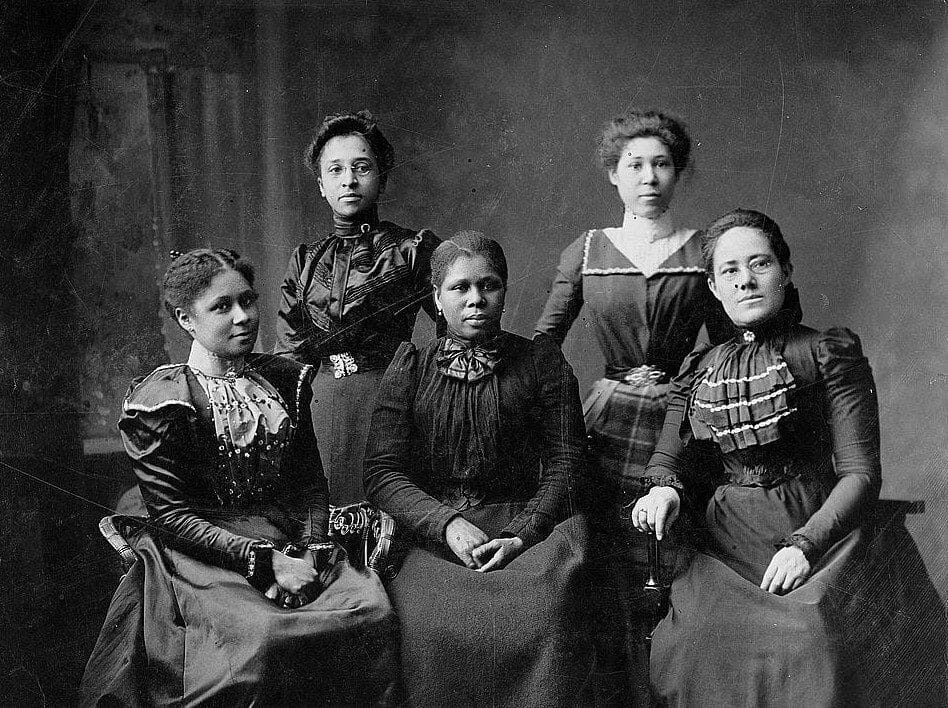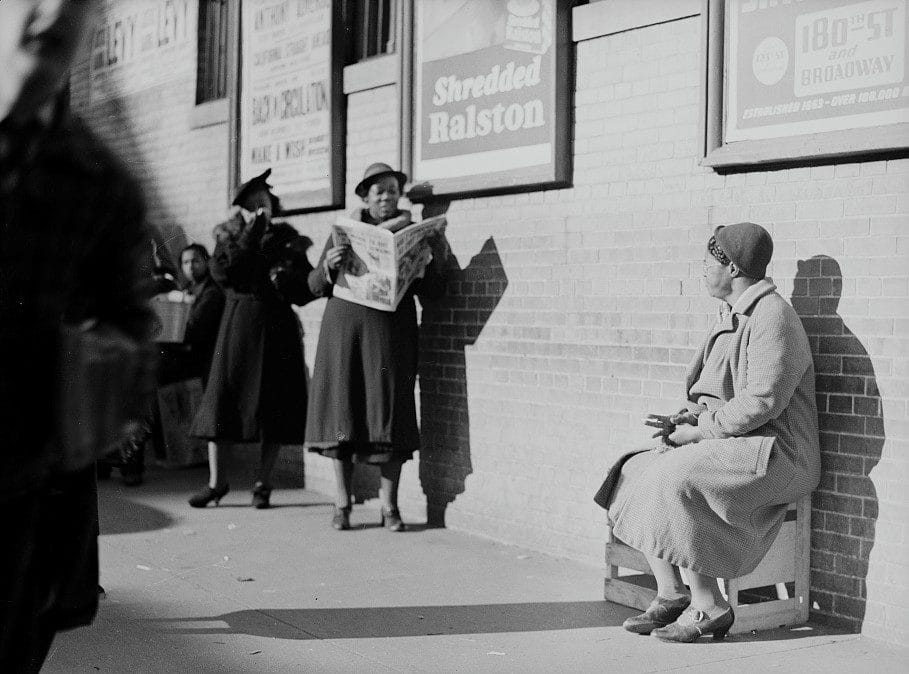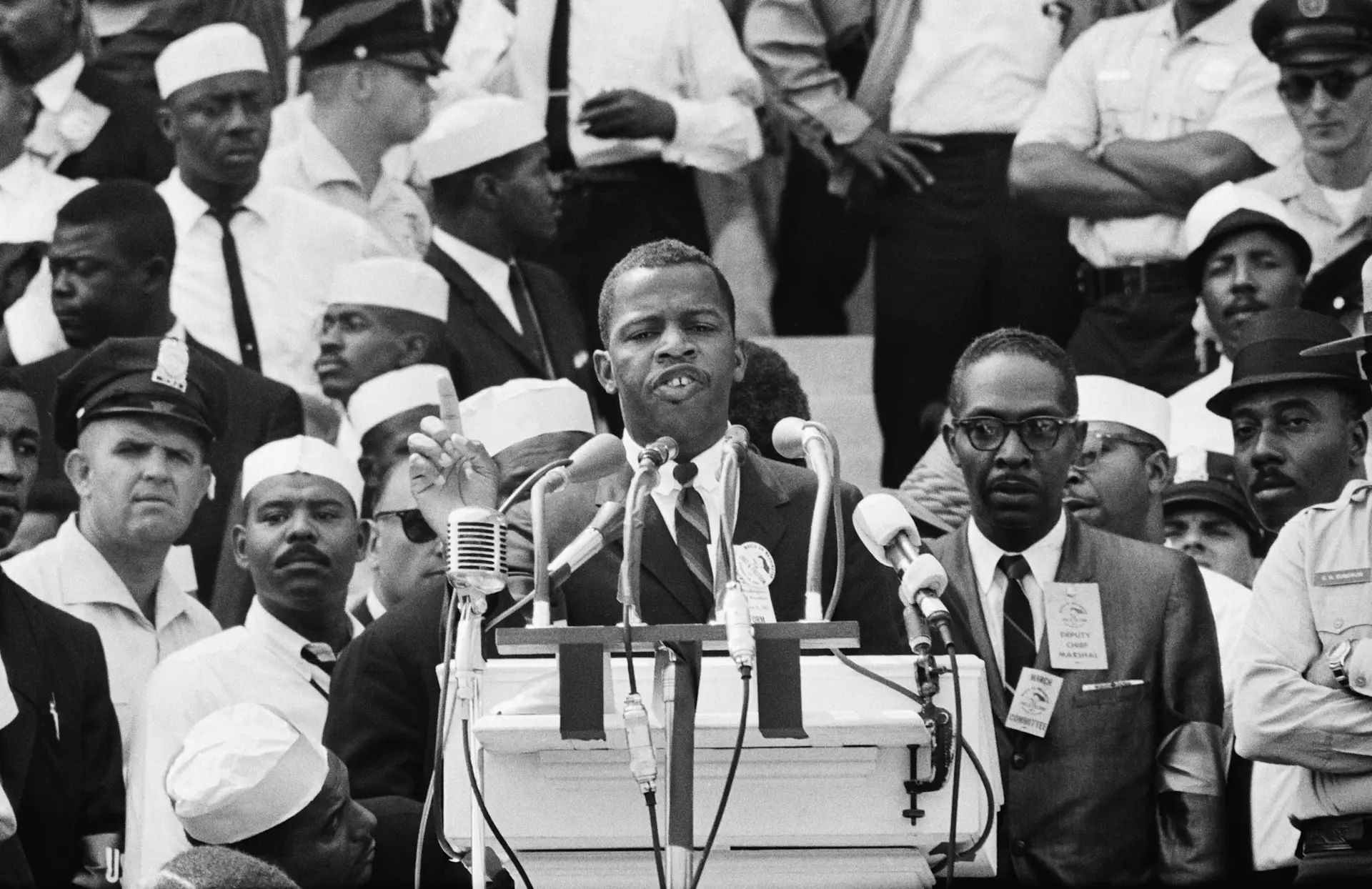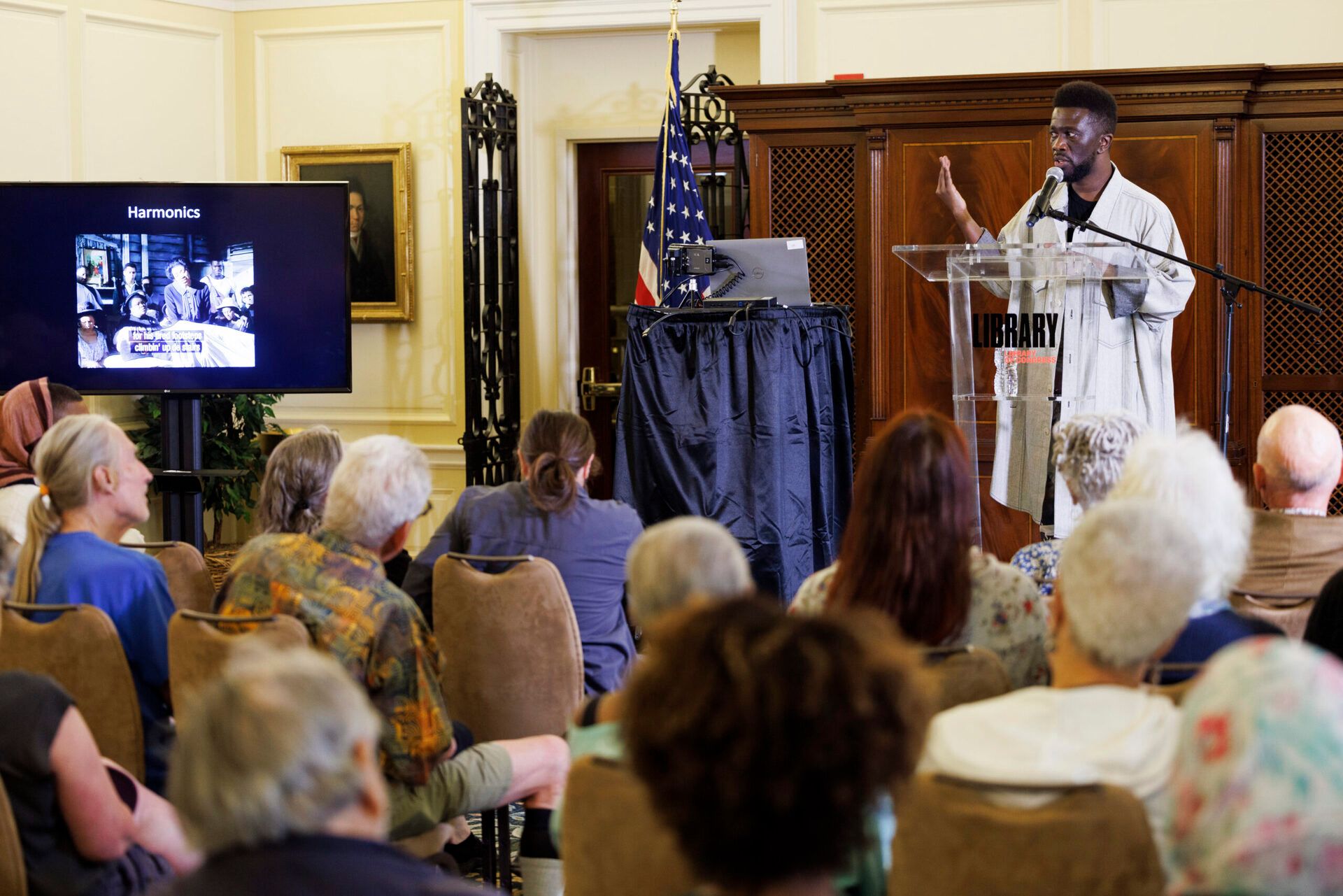- BlackVoter.Org
- Posts
- BlackVoter.Org
BlackVoter.Org


In Mississippi, a deeply rooted political struggle rages, heightened by the emergence of Ty Pinkins, a determined candidate challenging the established Democratic elite. As America’s poorest state grapples with systemic issues, including high infant mortality and mass incarceration, Pinkins aims to break the stronghold of the “gatekeepers”—a powerful class of Black politicians who profit from the status quo.
Frustrated by the favoritism shown to candidates like Scott Colom, son of a major Democratic donor, Pinkins has chosen to run as an independent, shunning the Democratic Party that once backed him. His journey reflects not just personal resilience but also broader themes of race, class, and political corruption in Mississippi.
With a collective 39% African American population, Mississippi's potential for change hangs in the balance against a backdrop of complacent political machinery. Pinkins’ determination may be the key to unlocking a new era for his state.


Join Ashley Everson as she interviews Joseph Williams, an Assistant Professor at Lehigh University, about his enlightening article, “Three Days in Boston: Nineteenth Century Black Women’s Intellectual Activism and the Case of John W. Jacks.
” Williams highlights the powerful response of Black clubwomen during the 1895 Boston conference, showcasing their strategic interplay between respectability, protest, and self-definition in a dehumanizing society. The conversation underscores the importance of periodicals like the Woman’s Era in shaping Black feminist thought and preserving the voices of these intellectual activists.
By examining their discourse and community organizing, Williams draws parallels to contemporary struggles against media and state violence. His insights reveal the complexities of Black women’s public self-definition and emphasize the need for historians to explore marginalized intellectual traditions for a richer understanding of Black history.

In a captivating interview with Ashley Everson, Christy Garrison-Harrison, a leading scholar in Black Womanist Geographies, delves into the intersections of Black feminist theory and geography. She emphasizes the significance of incorporating Black Feminist Geographies into social science research to challenge Eurocentric paradigms that often neglect the contributions of Black women.
Garrison-Harrison critiques modern intragender dynamics that perpetuate a legacy of gatekeeping, particularly among white women, and explores how this shapes contemporary educational and public health landscapes. Highlighting the historical context of Black women's domestic labor, she outlines how these dynamics contributed to societal respectability and power structures in the U.
S. By integrating Black Feminist frameworks into courses on race and gender, she advocates for reclaiming space for Black women's narratives in academia.
This insightful dialogue not only critiques existing paradigms but also offers a roadmap for future scholarship aimed at social justice and equitable representation.

In a dramatic exchange, former President Barack Obama has pushed back against Donald Trump's bizarre accusations of treason regarding the 2016 and 2020 elections. Obama’s spokesperson called Trump’s claims a "weak attempt at distraction" amidst a whirlwind of negative press.
Trump, addressing his supporters, pivoted from questions about the late Jeffrey Epstein to alleging Obama committed criminal acts to undermine his presidency, insisting "Obama’s been caught directly." This response comes following claims by former officials, including Tulsi Gabbard, who have alleged that the Obama administration manipulated intelligence reports.
However, Obama’s office insists that thorough inquiries have shown no successful interference in election results by foreign actors. The ongoing partisan battle highlights the lingering tensions over election integrity while dancing around serious allegations.
As Democrats and Republicans respond, the narrative continues to evolve, showcasing the tumultuous landscape of Trump-era politics.

In a powerful call to action, Tiffany Hamilton emphasizes that Black unity is essential in today's politically charged environment. Amidst the ongoing distractions of infighting over identities, such as "African vs.
African American" and colorism debates, Hamilton argues that these divisions only serve to weaken the community as a whole. The systemic racism affecting all Black individuals transcends ancestral backgrounds—it’s a shared struggle against inequity.
Historical alliances during the Civil Rights Movement highlight the strength of collective action, which is crucial now as society confronts voter suppression, police brutality, and other forms of oppression. Instead of perpetuating harmful narratives, Hamilton advocates for education, solidarity, and a unified front that acknowledges the diverse experiences within the Black diaspora.
She stresses that real progress hinges on collective advocacy, urging the community to rally together for a brighter future, lest they squander the sacrifices made by their ancestors.

A recent Supreme Court case poses a dire threat to the Voting Rights Act of 1965, a crucial achievement of the civil rights movement that significantly increased Black voter registration. In a contentious ruling, two Republican judges argued the Act is essentially unenforceable by private lawsuits, a move that could nullify decades of legal victories against racial discrimination in voting.
If upheld, this decision would shift enforcement power to a Justice Department less equipped to protect voting rights, especially under Trump’s administration. The case, Turtle Mountain Band of Chippewa Indians v.
Howe, echoes previous assaults on the Act, where conservative justices have historically weakened its provisions. The Supreme Court's current trajectory raises alarm that its right-leaning majority could dismantle the Act’s protective measures, leaving vulnerable communities at risk of disenfranchisement.
As the legal saga unfolds, the future of voting rights hangs in the balance.

Dive into the captivating world of Marvin Gaye through Dr. I.
Augustus Durham's insightful lecture, "Marvin Gaye: Melancholy and Genius in Black Culture and Media," presented at the Library of Congress. Celebrating Black Music Month, Durham explores the profound influence of iconic creators like Gershwin, Anderson, and Jackson on Gaye’s music, particularly his score for "Trouble Man.
" His interdisciplinary approach delves deep into Black melancholy and genius, unraveling the complexities of Gaye's artistry in light of societal pressures and personal struggles.
Based on his book "Stay Black and Die," Durham invites audiences to re-examine familiar narratives with fresh eyes, encouraging an unlearning of traditional views that often overlook the nuances of Black creativity.
The event also featured a rich discussion, including rare musical artifacts, making it a thought-provoking experience for anyone curious about the intersections of race, art, and emotion in the legacy of Black musicians.